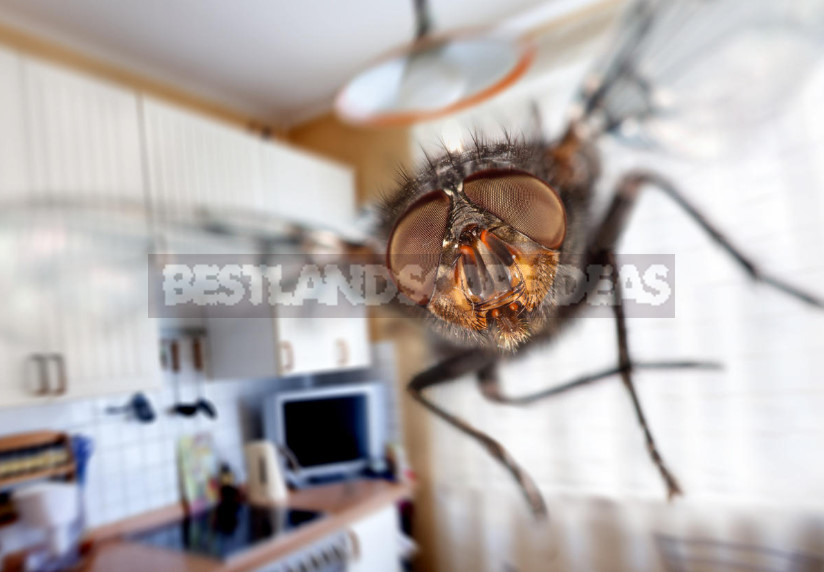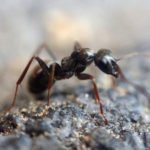Few people like insects. Well, maybe just entomologists. The rest of them are afraid of them, suffer from them, fight with them. Mosquitoes, midges, flies – to list all those who have six legs, wings and somehow harm the summer resident during his rest – occupation “senseless and ruthless”.
Because insects are the most numerous representatives of the animal Kingdom. The world of insects is still very poorly studied: today scientists have described more than one and a half million species of these creatures. And this is only a small part of the iceberg. Scientists estimate that the total number of insect species can reach 8 million: each year, entomologists describe and classify about 7000 new species.
Insects and the most numerous in its composition-the number of individuals is calculated figure with eighteen zeros. Insects are 90 % of all animals on Earth: the total weight of all insects is 2/3 of the Zoosphere – the mass of all animals and microorganisms on our planet. They live everywhere, even in Antarctica, on lifeless rocks, high in the mountains and deep in the oceans.
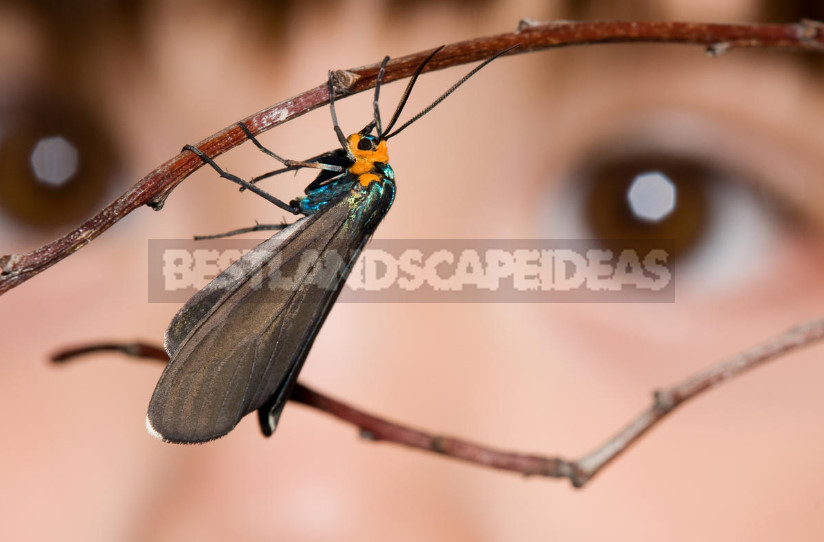
But scientists are ready to announce the alarm: in their opinion, we are losing insects. And it happens catastrophically quickly.
The phenomenon of the windshield
Have you noticed that in recent years it is much less likely to wash the windshield of the car from butterflies, moths, flies and other “flyers” that carelessly appeared in front of your car?

The absence of insects began to notice not only the drivers: people suddenly noticed that they ceased to observe the usual picture: the dance of moths around the burning lamp in the evenings. And those who are engaged in the calculation and classification of bugs-moths professional scientists – entomologists-say that over the past 30 years the number of insects falling into their traps has decreased by almost 80 %. What scientists and reported in the report “Acceleration of modern anthropogenic species losses: the beginning of the sixth mass extinction”, published in the journal Science Advances.
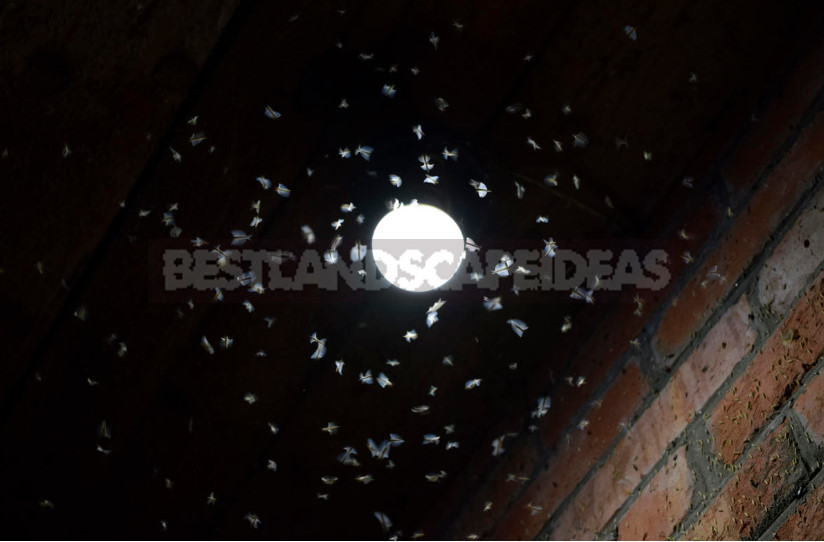
Most will probably say that this is good: after all, a person from insects some problems – a mosquito bite, then the caterpillars will devour cabbage. But from the point of view of environmentalists, the disappearance of insects may in a relatively short time (by the standards of the history of the planet) turn into a disaster for humanity: we are connected with them by one chain.
The basis of the food chain
Of course, insects – not the first link in the food chain, this role rightfully belongs to plants. But, being the main consumer of plant food (Yes, Yes, it is insects that eat most of the growth of plant biomass, not cows, antelopes and all other herbivores combined), insects, in turn, are food for many living beings: insect predators, amphibians, fish, birds, small mammals.
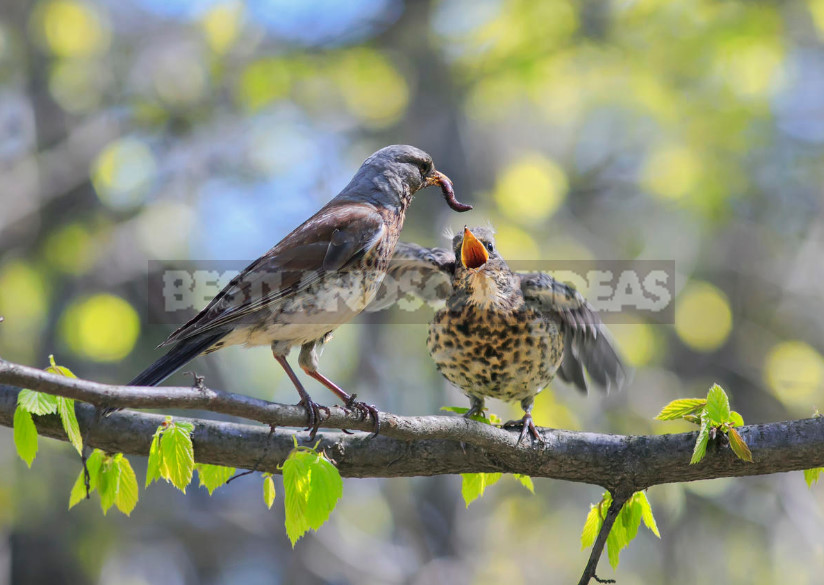
Large mammals as well as 630 species of plants also feed on insects. Yes that there animals and plants! About 1900 species of insects are eaten by humans!

And if for Asia, India, South America – is the usual basis of many traditional dishes, for the French soup from the larvae of the may bug – a traditional but still exotic dish, for the inhabitants of some African regions, insects and their larvae are the most important source of protein-up to 2/3 of all protein foods. That is, in fact-the main type of food.
Not just food
Insects eat everything. But in addition to nutritional value (insect bodies consist of 70% more high-calorie protein than an ordinary animal, as well as trace elements and vitamins), insects play an important role in the functioning of biocenoses. You did not think that a variety of beautiful flowers created by Nature to decorate the flower beds. Flowers bloom in most cases to attract insects: more than 80% of plants are pollinated by insects.
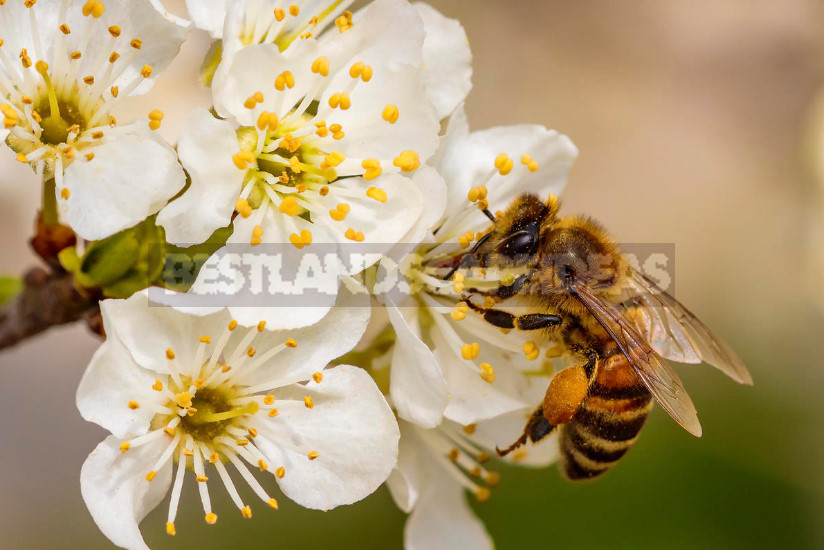
Insects are an important element in the decomposition of organic waste and the formation of a fertile soil layer. Can you imagine what would happen if you suddenly disappear all the insects-necrofago – beetles-the gravediggers, blow flies and other carrion?
“The planet will not be lost! And here we are…”
The importance of insects in the life of our planet is obvious. If they disappear, of course, the French will do without soup and hot from the crunch, the Ministry of health of Thailand will come up with some other high-calorie Supplement to feed preschoolers, and even the inhabitants of the poorest African countries will be able to send some help to the mission of the “red cross” or “Doctors without borders”.
But what to do with frogs, whose diet consists of 95% of insects? Or birds that feed on them at 4/5? And also with those who are in the chain then feeds on frogs and birds? Who will pollinate plants – at least agricultural?
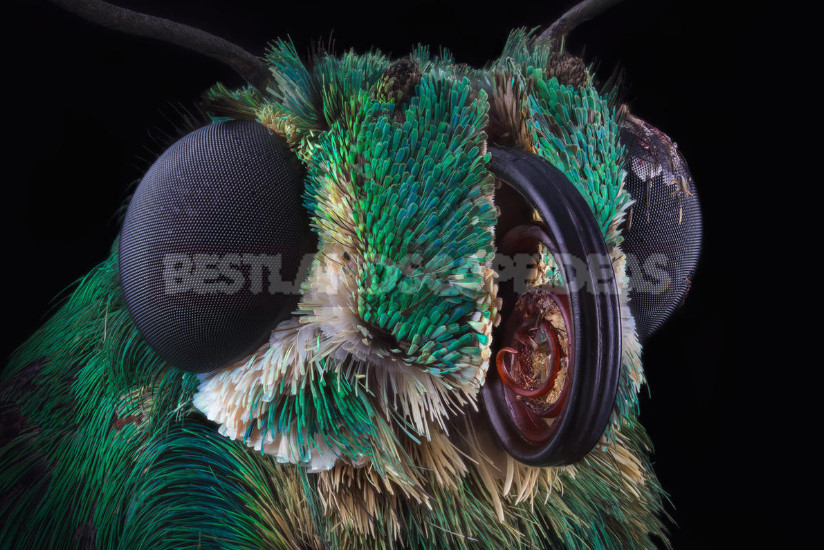
The disappearance of insects observed by entomologists of different countries, according to scientists, may be a symptom of the beginning of another mass extinction, which our planet has already experienced five. During the Ordovician-Silurian extinction, 450 million years ago, 60% of the then invertebrates died out because of the supercontinent Gondwana. Due to active volcanic activity 370 million years ago (Devonian extinction), half of marine animals disappeared, and during the great Permian extinction, 250 million years ago, volcanoes killed 96% of marine and 70% of terrestrial creatures.
And if the ancestors of the dinosaurs, the archosaurs, in the era of The Triassic extinction (200 million years ago) and the dinosaurs themselves (Chalk-Paleogene extinction, 65 million years ago) disappeared from the face of our planet, too, because of some climatic cataclysms, the blame for the observed by scientists in the last five centuries, the increase in the number of extinct species of animals, the speed of which is comparable to the disappearance of dinosaurs, lies entirely on man.
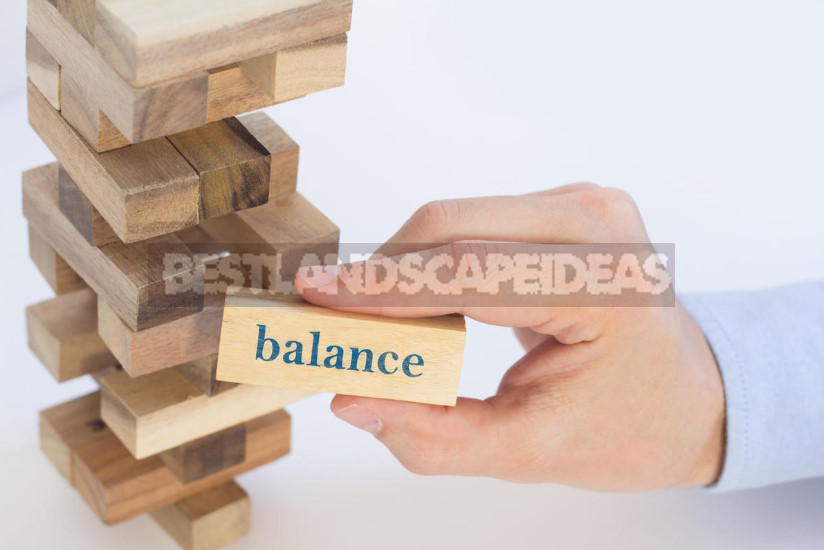
Life on our planet is similar to the popular game jenga, where participants take turns removing the elements that make up the tower. And where the main thing-the preservation of a fragile balance: loses the one on whose course the tower of wooden blocks will collapse. Therefore, today humanity has no more important task than the preservation of the natural balance on Earth.
In this regard, the wise words of the American actor and writer George Carlin are recalled: “the planet has experienced things much worse than us. It’s been through earthquakes, volcanoes, continental plate movements, continental drift, solar flares, sunspots, magnetic storms, magnetic pole inversions, hundreds of thousands of years of bombardment by comets, asteroids and meteors, world floods, tidal waves, world fires, erosion, cosmic rays, recurring ice ages… and we think some unfortunate plastic bags and aluminum cans will make a difference? The planet is not lost! And here we are…»
